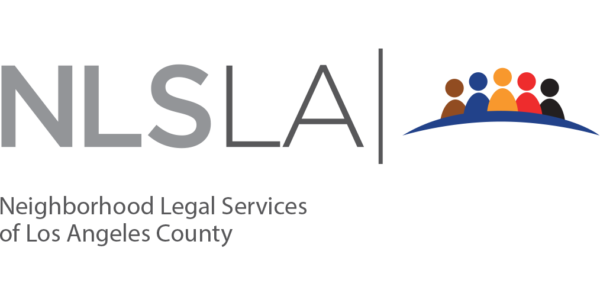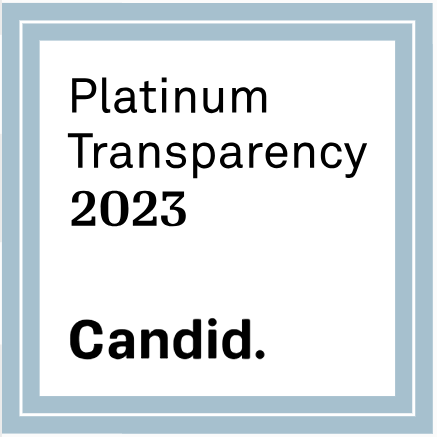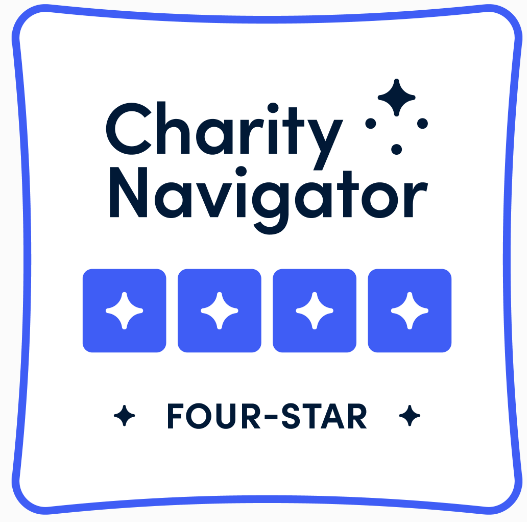Our History
In 1965, a group of young attorneys, motivated by a belief that the law could be a powerful tool for social and economic justice, gathered in a dilapidated office in the northeastern part of the San Fernando Valley. They were forming what would one day become one of the largest public interest law firms in the state, but in those early years, the attorneys had more modest goals. They wanted to widen access to justice to the poorest sections of Los Angeles County—areas where residents were struggling with substandard housing, as well as a lack of access to healthcare, education and employment.
1965 was the first year of the nation’s War on Poverty, a set of initiatives that came on the heels of landmark civil rights legislation. The War on Poverty brought us Medicare and Medicaid, expanded social security benefits, cemented the food stamps program, and established the Job Corps and the Head Start Program. It also created the Office of Economic Opportunity (OEO), which established legal aid programs across the country. San Fernando Valley Neighborhood Legal Services, today known as Neighborhood Legal Services of Los Angeles County (NLSLA), was a direct outgrowth of that effort. The organization shaped its services around the needs of the community, and housing, healthcare and safety net benefits quickly became central to the advocates’ work.
Read the full history...
As the organization grew, it broadened its advocacy efforts. While NLSLA attorneys were initially focused on helping individual clients, they began to think about how to address the root causes of some of the issues impacting the community, and to combine direct legal services with high-impact litigation to transform not just individual lives, but entire neighborhoods. In the 1970s, NLSLA began suing city and county agencies to ensure programs intended to help people struggling with poverty were effective and fair. In the decades that followed, the organization’s lawsuits significantly improved critical programs like Section 8 and Medi-Cal.
When a major earthquake struck the San Fernando Valley in 1994, the organization mobilized a disaster response that would later become the model for legal aid groups across the country. NLSLA sent teams of advocates to disaster recovery centers to address individual and family needs, and worked with federal and local officials to address systemic issues. The experience catapulted NLSLA into the policy advocacy arena and made the organization a significant player in myriad advocacy efforts at the local, state, and national level. It also allowed NLSLA to build considerable expertise in disaster legal services, so when, more than a decade later, Hurricane Katrina struck the Gulf Coast, NLSLA was called upon to help.
Even as NLSLA expanded its reach, the need for its services was growing, and the organization found it could only provide direct representation to a fraction of the low-income people who needed it. So in the first year of the new millennium, NLSLA opened a pilot self-help legal access center in the Van Nuys Courthouse. That model center is now one of eight NLSLA self-help centers—the largest network of self-help legal access centers in the United States. They have helped more than 1.5 million people stand up and have their voices heard in the county courts.
The 2000s brought a razor-sharp focus on expanding access to healthcare in communities with high poverty rates. The organization launched the Health Consumer Center (HCC), where advocates address individual issues with coverage and care while identifying and correcting widespread problems to improve the process for everyone. Issues that surfaced at the HCC have led to several successful, high-impact lawsuits that secured critical protections for Los Angeles County’s most vulnerable patients, ensuring they have access to the coverage and care they need and deserve.
In 2008, NLSLA began partnering with clinics and hospitals in low-income neighborhoods to help doctors address issues like substandard housing and lead paint, a lack of access to critical benefits, and domestic violence – all of which that impact health and well-being. The Medical-Legal Community Partnerships eventually became an official part of Los Angeles County’s health services delivery model. In partnership with other legal services organizations and the county’s Department of Health Services (DHS), NLSLA launched Medical Legal Community Partnership-Los Angeles (MLCP-LA), an expansive project bringing critical legal services to the county’s most vulnerable Medi-Cal recipients.
“Improving health has become a goal for us in everything we do,” said President and CEO Yvonne Mariajimenez. “And that’s true not just in our direct health advocacy. We look at access to education, environmental justice, and anything that improves family stability and well-being as a step towards healthier lives and a path out of poverty.”
At the top of that list is access to safe, affordable housing. Los Angeles was recently named the least affordable county in the nation when it comes to housing, and soaring housing prices have led to a scourge of evictions from rent-stabilized units and a significant increase in homelessness. In response to the crisis, NLSLA launched the Shriver Housing Project-LA, a collaborative of four Los Angeles programs that provide legal representation to people facing eviction in some of the county’s poorest neighborhoods. The project prevents homelessness among people who are tenuously housed and protects the city’s stock of affordable units. NLSLA also works with the city and county to eliminate legal barriers to housing and employment for people who are homeless.
When the COVID-19 pandemic arrived, NLSLA mobilized quickly, arming advocates with the technology they need to work remotely, and tailoring services to the changing needs of the community. People living on the margins were struggling before COVID-19 arrived – their access to food, shelter, and healthcare precarious at best – and they have been devastated by the virus’s impact. Measures intended to help these communities – like moratorium on evictions and government aid – will not protect the most vulnerable families without attorneys who can assert their rights. So NLSLA is widening its services to address the changing needs of the clients we are serving today, and to be able to fight for the clients who will need us in the months and years to come.


